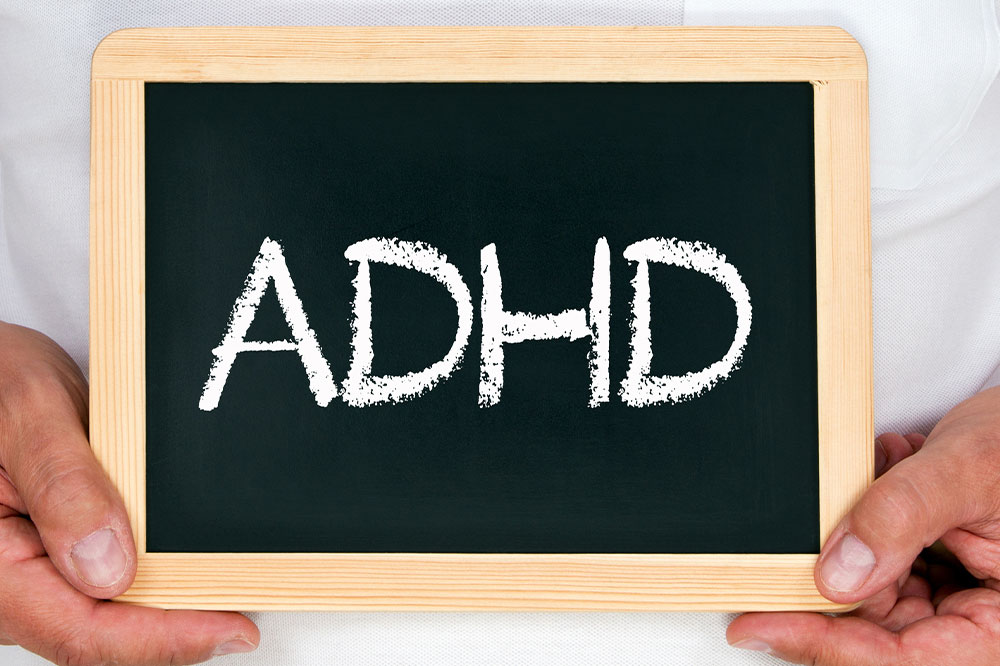The Profound Impact of Trauma on Physical and Psychological Health
Trauma significantly impacts both physical and mental health, triggering symptoms like headaches, flashbacks, and emotional distress. Recognizing these effects is key to effective treatment. This comprehensive guide explores how trauma affects the body and mind, emphasizing therapies like CBT and EMDR to assist recovery. Addressing trauma early can prevent long-term health complications and promote resilience, helping individuals regain control over their lives and restore overall well-being. Understanding trauma's profound influence enables better healing strategies for a healthier future.

Understanding How Trauma Affects Your Body and Mind
Trauma encompasses the emotional and physiological responses our bodies and minds exhibit after experiencing distressing, harmful, or life-threatening events. These responses can manifest immediately or may develop after some delay, influenced by how each individual's brain processes and interprets the incident. Recognizing the multifaceted nature of trauma is essential, as it involves complex interactions between emotional, physical, and mental health. Often, trauma triggers initial shock and denial, which can hinder emotional healing if not properly addressed. Physical symptoms, such as persistent headaches, nausea, or muscle tension, may be indicators of unresolved trauma, often linked to intrusive memories or flashbacks.
On an emotional level, trauma can produce intense fluctuations—ranging from feelings of fear and helplessness to anger and sadness. These emotional reactions can sometimes seem unpredictable or overwhelming, making it difficult for individuals to function normally or move forward in life. The challenge lies in distinguishing between immediate physical and emotional trauma responses and more chronic, long-lasting effects that can impair daily functioning.
Prolonged or severe trauma increases the risk of developing chronic health issues. For example, persistent exposure to traumatic memories and stressful triggers can elevate the risk of cardiovascular problems, immune suppression, and sleep disorders. Additionally, recurrent flashbacks and hyperarousal can lead to heightened stress levels, which over time may contribute to heart disease and other physical illnesses. Conversely, while physical injuries from trauma often heal with proper medical care, psychological trauma can have lingering effects, including the development of post-traumatic stress disorder (PTSD), depression, or substance abuse disorders.
Psychological trauma frequently originates from abrupt, uncontrollable events—such as accidents, abuse, violence, or natural disasters—or from repeated negative experiences that can breed feelings of helplessness, guilt, remorse, or regret. These emotional scars deepen with time if left unaddressed, significantly impairing mental health and impeding recovery. The impact of trauma extends beyond the immediate incident, often affecting relationships, work performance, and overall quality of life.
Effective treatment approaches for trauma emphasize the importance of therapies that promote emotional stability and resilience. Psychotherapy modalities such as cognitive-behavioral therapy (CBT), eye movement desensitization and reprocessing (EMDR), and trauma-focused therapy are proven to be effective. Creating a safe, supportive environment where individuals feel comfortable expressing their feelings is crucial for recovery. Building a strong support system, practicing mindfulness, and engaging in stress-reduction techniques also play vital roles in overcoming trauma. Ultimately, healing involves a comprehensive approach that addresses both the physical and psychological dimensions of trauma, fostering long-term recovery and well-being.





